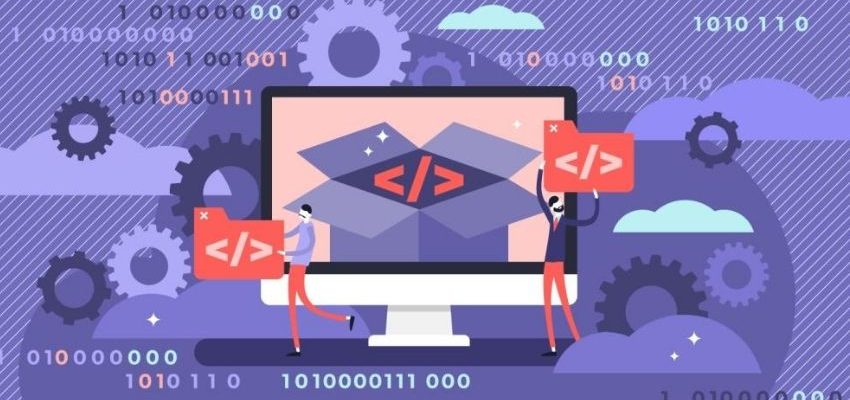Open source refers to an openly distributed program code (including codes that are free of charge) that can be utilized and modified by the end user without restriction.
A good analogy would be that of a recipe. An open source recipe would be public: this means that anyone can know the ingredients and instructions, and even adapt the recipe to improve the taste of the dish. If someone wants to know a recipe that isn’t “open-source,” they would have to pay a license to be able to use it. Furthermore, they wouldn’t have permission to modify it, much less redistribute it.
What’s the difference between free software and open source?
These are two terms that get confused with one another in practice,and even get used as equivalents. All free software is open-source, but not all open-source software is free.
Open source is considered to have more flexible rules than free software, since it allows companies and developers to impose certain usage restrictions and licenses in order to protect the code’s integrity. On the other hand, free software, strictly speaking, must literally adhere to the four points of freedom, according to Richard Stallman:
- There is freedom to execute the code however one wishes and for whatever purpose one wishes.
- The source code can be known and modified in its entirety.
- The code can be distributed freely (either without cost, or with a charge).
- Modifications to the code can also be freely distributed (with or without cost).
Examples of open source programs
Some widely used programs, platforms, and languages which are considered open source are:
- Linux operating system
- Android by Google
- Open office
- Firefox browser
- VCL media player
- Moodle
- ClamWinantivirus
- WordPress content management system
This means that any person can access the code and modify it to create new extensions, patches, or solutions. Linux, for example, is the example par excellence of open source, and new programs can be created from its nucleus or kernel.
Another example, the opening of Android, is exactly what permits any developer to create compatible applications. Consequently, thousands and thousands of applications exist to meet almost any need.
The fact that WordPress and Firefox are open source implies that there exists an enormous variety of compatible plug-ins that were independently developed.
This article may be helpful: What is h1?
What is proprietary software?
Proprietary software refers to software intended as a complete solution with all the functions that a user may require. Windows is one of the best examples. Its package is designed to cover a wide range of work necessities, but the code cannot be modified; the license is not free; and redistribution, free or for profit, is illegal.
Advantages of open source
- The code can be known and modified to solve problems or can be adapted to specific needs.
- An open source coderemains in a state of constant improvement, thanks to developer intervention, revision, and new ideas.
- Modifications to the code can be freely redistributed.
- Open source combats unethical software predation, monopoly, and price-jacking.
- Open source promotes higher standards of quality.
- Open source code allows continuity of projects, even after a change of programmers or responsible parties.
You might also be interested in: What is CSS?
To learn more about open source
Open source and free software are indispensable tools for all developers, and many businesses can benefit from them. If you would like to further explore the topic, please review the additional learning resources that we have selected for you:
- Linux Essentials Understanding Open Source Software and Licensing – by Educating Computer Science
- Why are businesses going open-source?– by ZDNet
- Top 5 Open Source Business Software
- Starting an Open Source Project – by Open Source Guide
- The GNU Manifesto – from GNU.org
Do you need help with your open source project?
At Workana, you willfind freelance programmers and developers who are familiar with open-source programs and will help you find the exact solutions for your company or project needs.
What is Workana?
We invite you to know Workana, the leading freelance marketplace. We’ve been working since 2012 to keep connecting companies and entrepreneurs with remote workers of the most diverse specialty areas.






